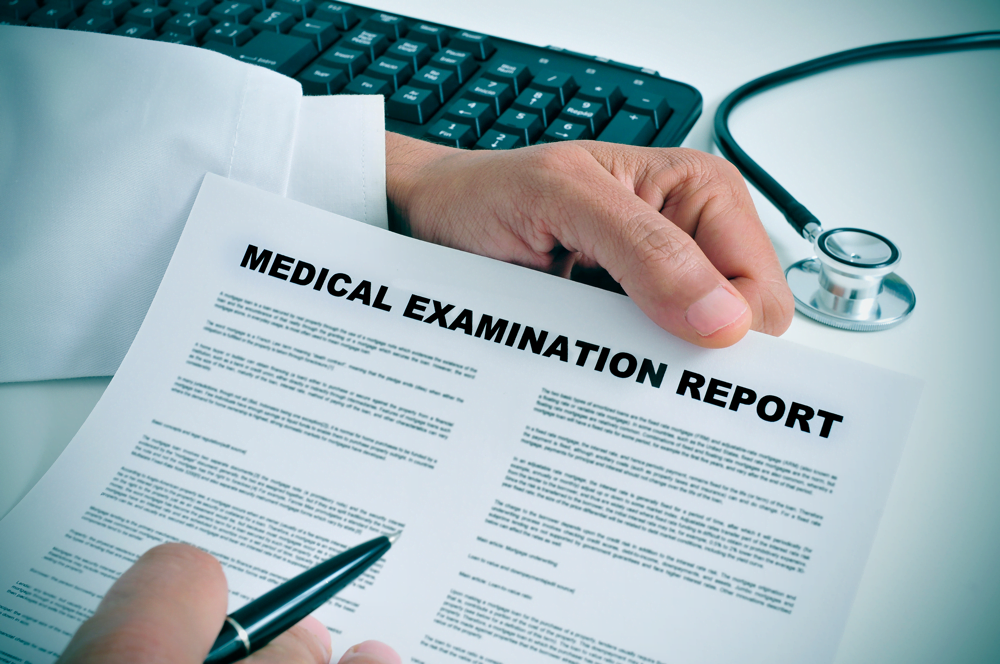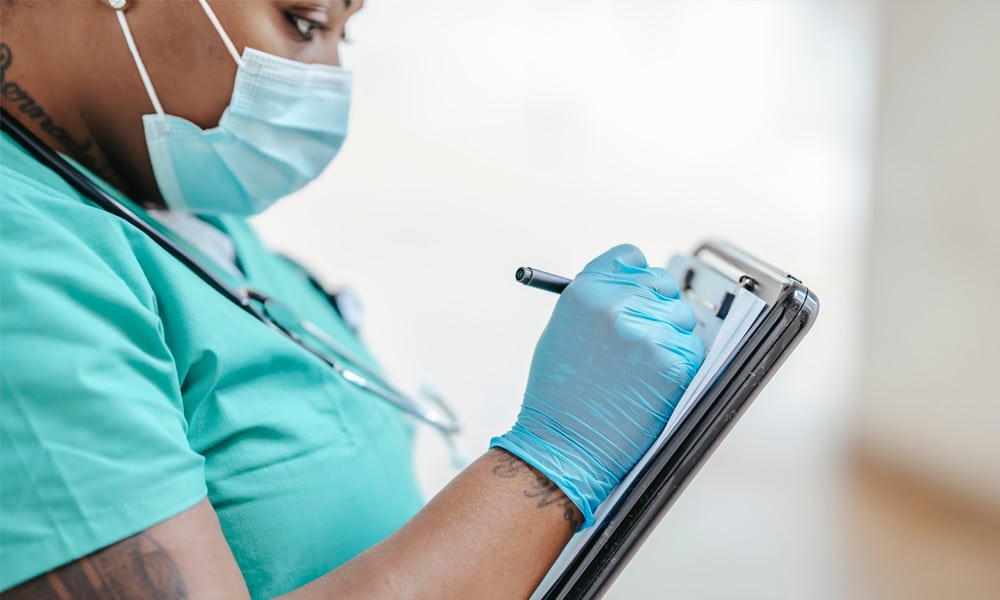A day in the life of an Occupational Health Provider.
All employees are a key business asset and essential to productivity and profitability, this is where a Occupational Health Provider comes in.
Occupational Health Providers keep people well at work – physically and mentally. Occupational Health Providers will help keep employees healthy and safe whilst in work and manage any risks in the workplace that are likely to give rise to work-related ill health.
Making the first steps:
Assessing the risks in the workplace including exposures to hazardous noise, dust or equipment is a great key step to occupational health. Once this is established an Occupational Health Provider can assess these hazards and offer you with a variety of services to help monitor and maintain employee’s health whilst working with those hazards.
Occupational Health Providers can offer all types of medicals:
- Audiometry
- Respiratory
- Musculoskeletal
- Dermatology
- Working at Height
- General Health
- Vision
- Display Screen Equipment and more…
Who has what medical:
Occupational Health Providers offer advice on what medical is required depending on the employee’s job role and exposure. One employee may require a different medical compared to their colleague. Ensuring each employee receives the right medical is essential to the service they provide to a business. Occupational Health Provider will get to know you, and your business and help tailor-make the service.
A visit to your company can also help the Occupational Health Provider see the ‘ins and outs’ and create a full assessment of what medicals will be provided.
Organising the visit:
Once the Occupational Health Provider knows all that is required, and the costs are agreed in line with your business’ budgets they can establish how much time is needed o-site for them to complete all the medicals required.
Medicals can be completed during an on-site visit or in local clinics depending on the Occupational Health Providers facilities. Some providers have mobile units with facilities, and some can use rooms/offices in a business to complete each medical. Privacy is paramount to every employee so each employee will be seen in a one to one appointment.
It is the job of the Occupational Health Provider to provide the relevant helpful documents to businesses. These documents can include:
- Employee Questionnaires
- Information guides to both employees and employers
- A schedule to organise each employee’s appointment time
- Posters advertising when the visit will be completed and more…
Who will complete the medical?
An Occupational Health Provider can provide different types of professionals that can complete medicals. The types of professionals include:
- Occupational Health Technician: A technician will complete the initial face to face medical and complete paperwork following each medical.
- Occupational Health Advisor: An advisor can both complete more advanced face to face medicals, a variety of referral medicals, and signs off the paperwork completed by the technician.
- Occupational Health Practitioner: A practitioner completes both paper-based and face to face referral medicals. The practitioner can also sign off both paperwork completed by the technician and advisor.
Following the visit:
Once the visit is complete the Occupational Health Provider will review all the results and medical findings alongside and Occupational Health Advisor and a level of fitness are provided. The advisor will also advise if there’re any risks in the workplace that are likely to give rise to work-related ill health.
In some cases, the employee may require a referral onto an Occupational Health Practitioner who can provide further assessment and advise on further adjustments within the employee’s workplace to help support their health and safety at work.
Advice and support do not end here, some Occupational Health Providers can provide a ‘start to finish’ service throughout the entire process. Providers can also advise the regularity of the medicals, keep recall profile for employees and offer services throughout the year.
Addition services:
Occupational Health Referrals
A Manager may create referrals for an employee to an Occupational Health Provider for a variety of reasons:
- Short-term or Long-term sickness absence
- Concerns over performance or behaviour
- Concerns over employee’s capacity to continue to work
- Whether an employee is fit to attend a disciplinary or another meeting
- Serious accident or illness at work
Its primary aim is to advise management regarding the employee’s health issues, making recommendations for adjustments that could be considered to ensure a safe/healthy working environment for that employee. It can also be an assessment of somebody’s fitness to work.
The advice provided by an Occupational Health Provider in the referral process is primarily designed to support the referring manager in their decision making when dealing with an employee’s health-related issue. Following an assessment of health by an OH Practitioner a fully comprehensive report will be provided to both the employee and the employer.
Referrals can be done either at the on-site business address, a suitably located clinic or an employee’s home address.
Safety-Critical Medicals
Safety-Critical medicals are in-depth medicals designed to ensure anyone who may be undertaking safety-critical tasks is fit to do so to ensure the safety of themselves and others.
The exact tests for a safety-critical medical can vary dependent on the job that the employee or prospective employee is due to undertake. However, there is a standard set of tests in the medical which consists of:
- A baseline health questionnaire to establish any current or previous medical/psychological health history
- General Health
- Audiometry
- Respiratory
- Visual Acuity
- Dermatology
- Musculoskeletal
- Drug & Alcohol test (optional)
- Working at Height (optional)
- Confined Space (optional)
- Additions can include night worker assessment
- HAVs (Hand-arm vibration assessment).
A standard medical can take up to 60 minutes. How long the certificate of fitness is valid for depends on two factors, workplace risk and age group:
- Under 54 = Three years
- 55-65 = Two years
- 65+ = Annually







